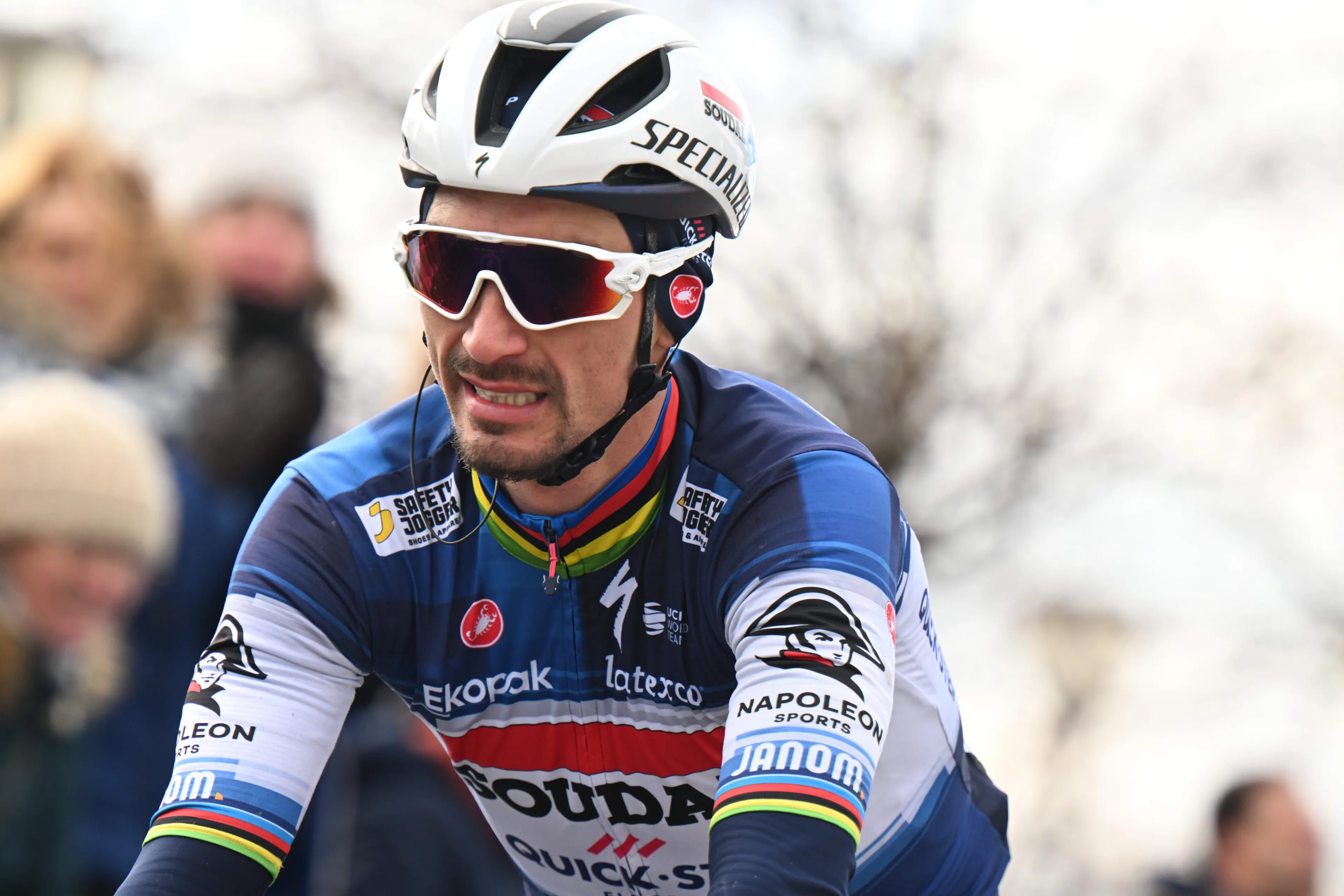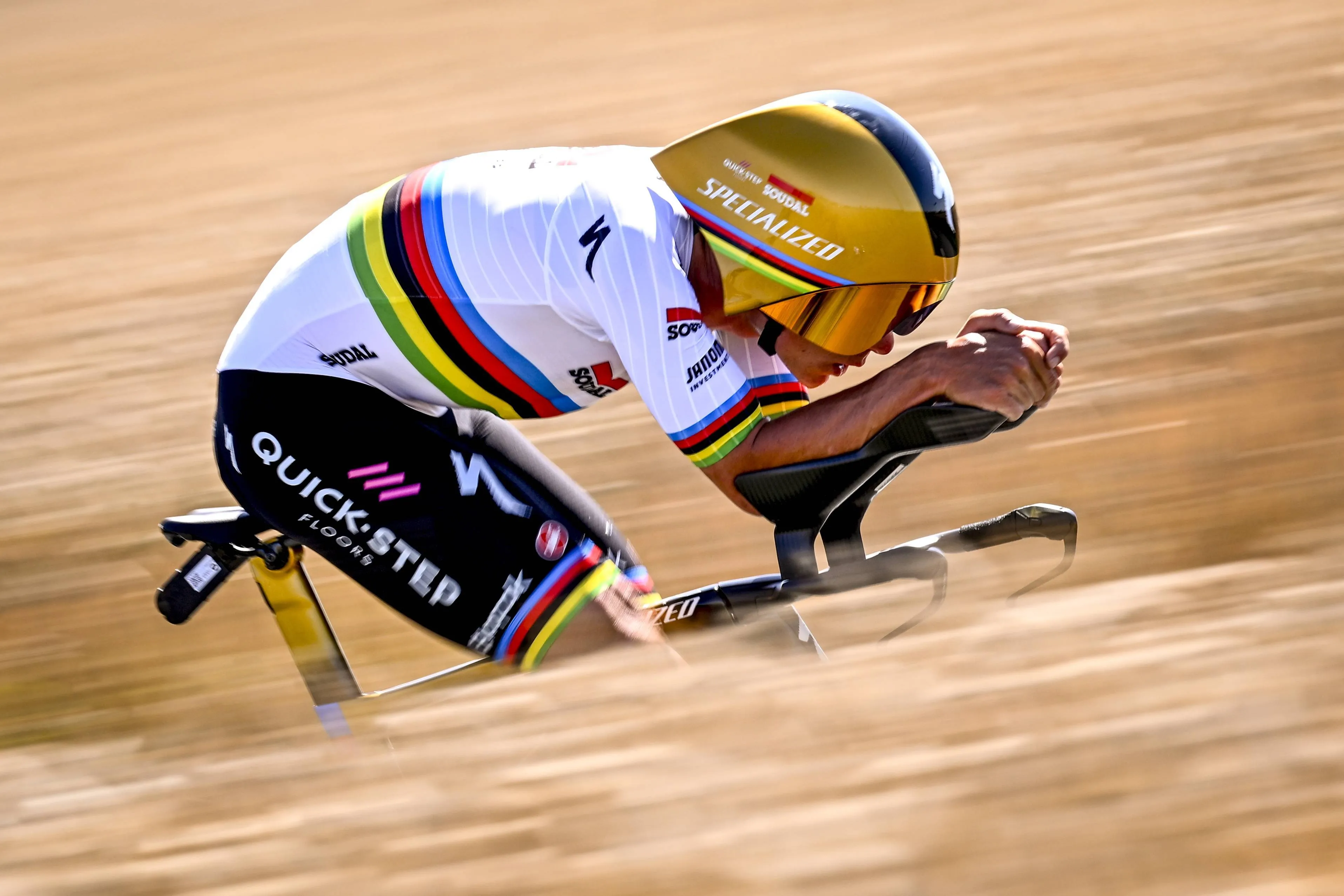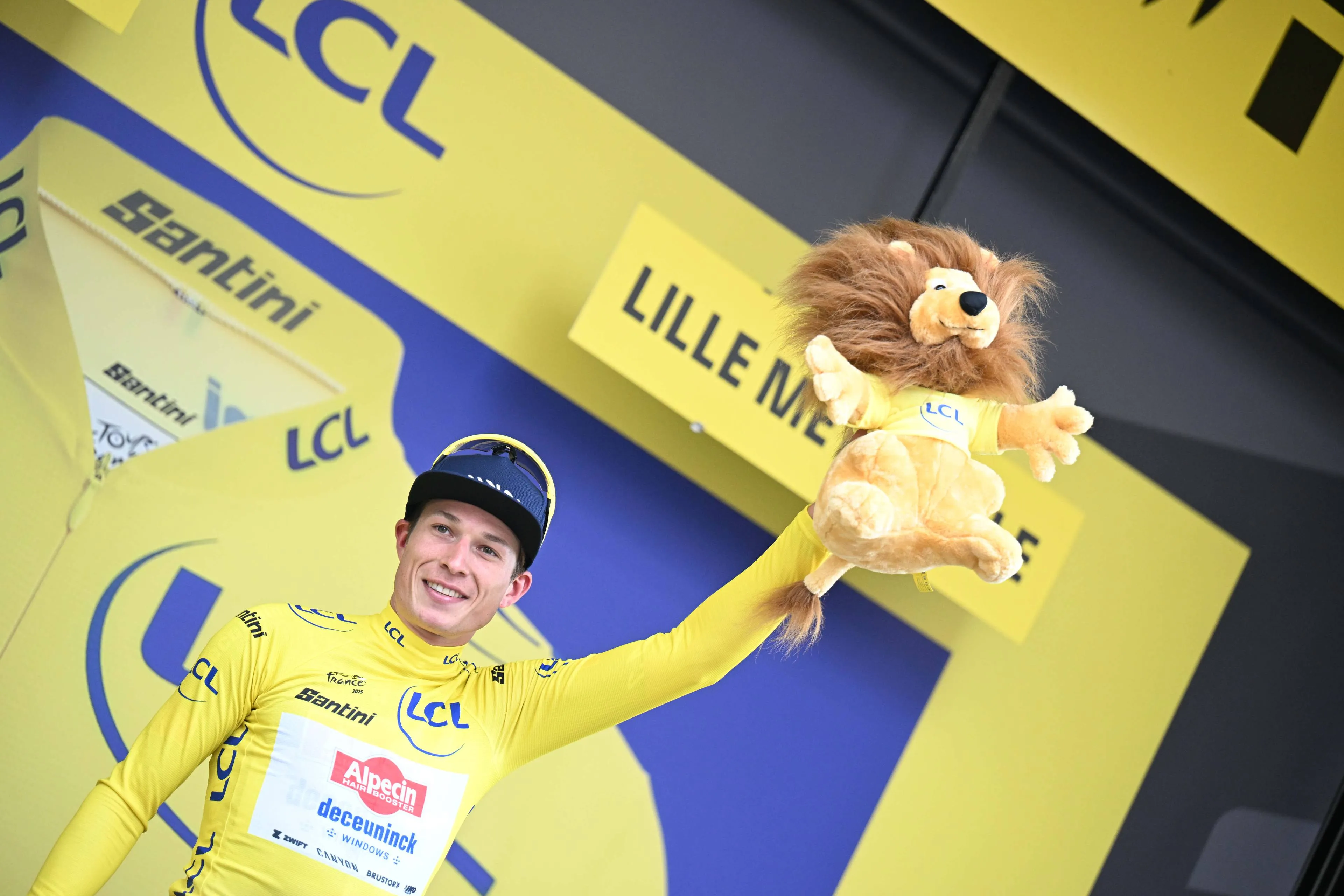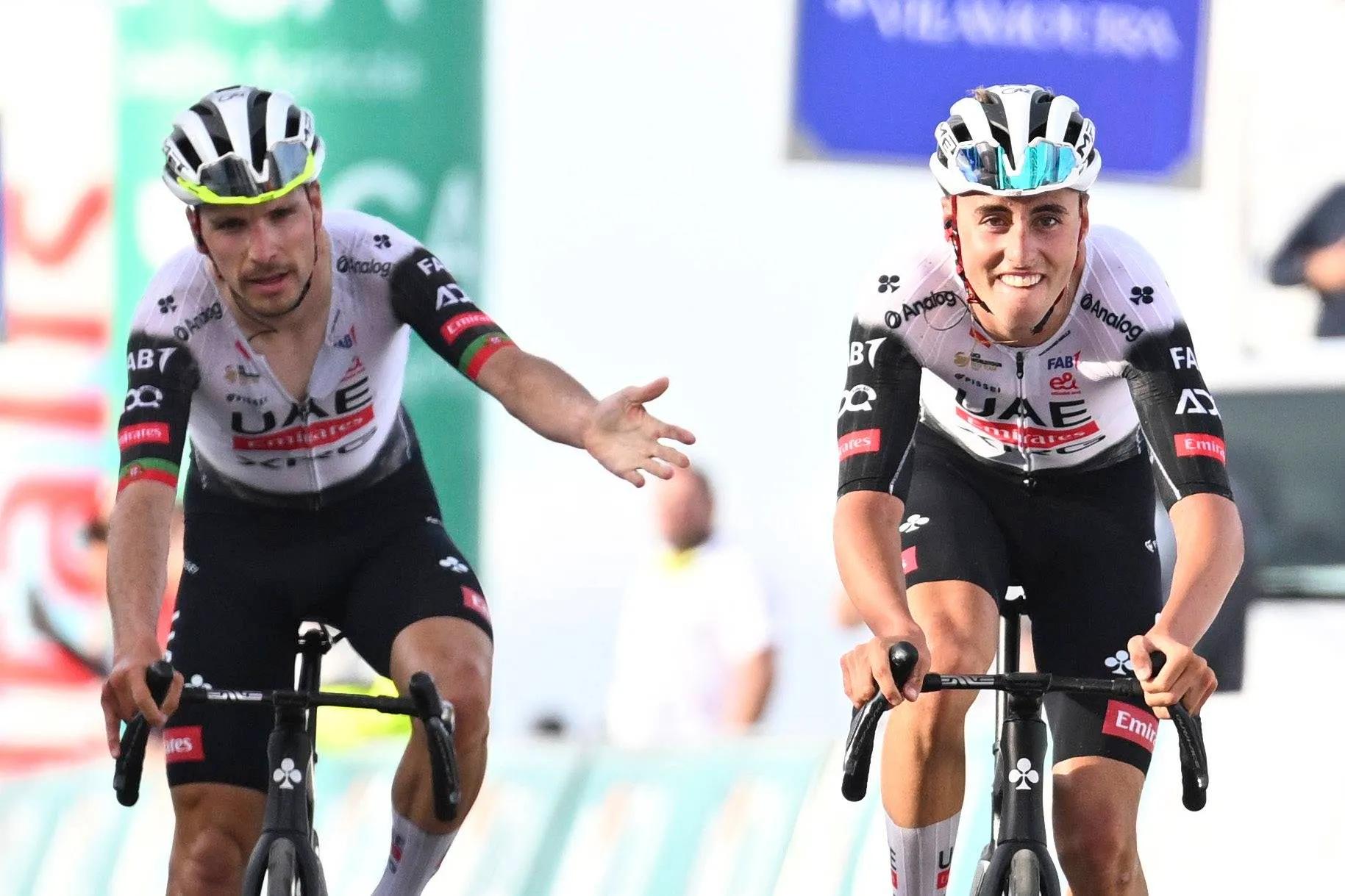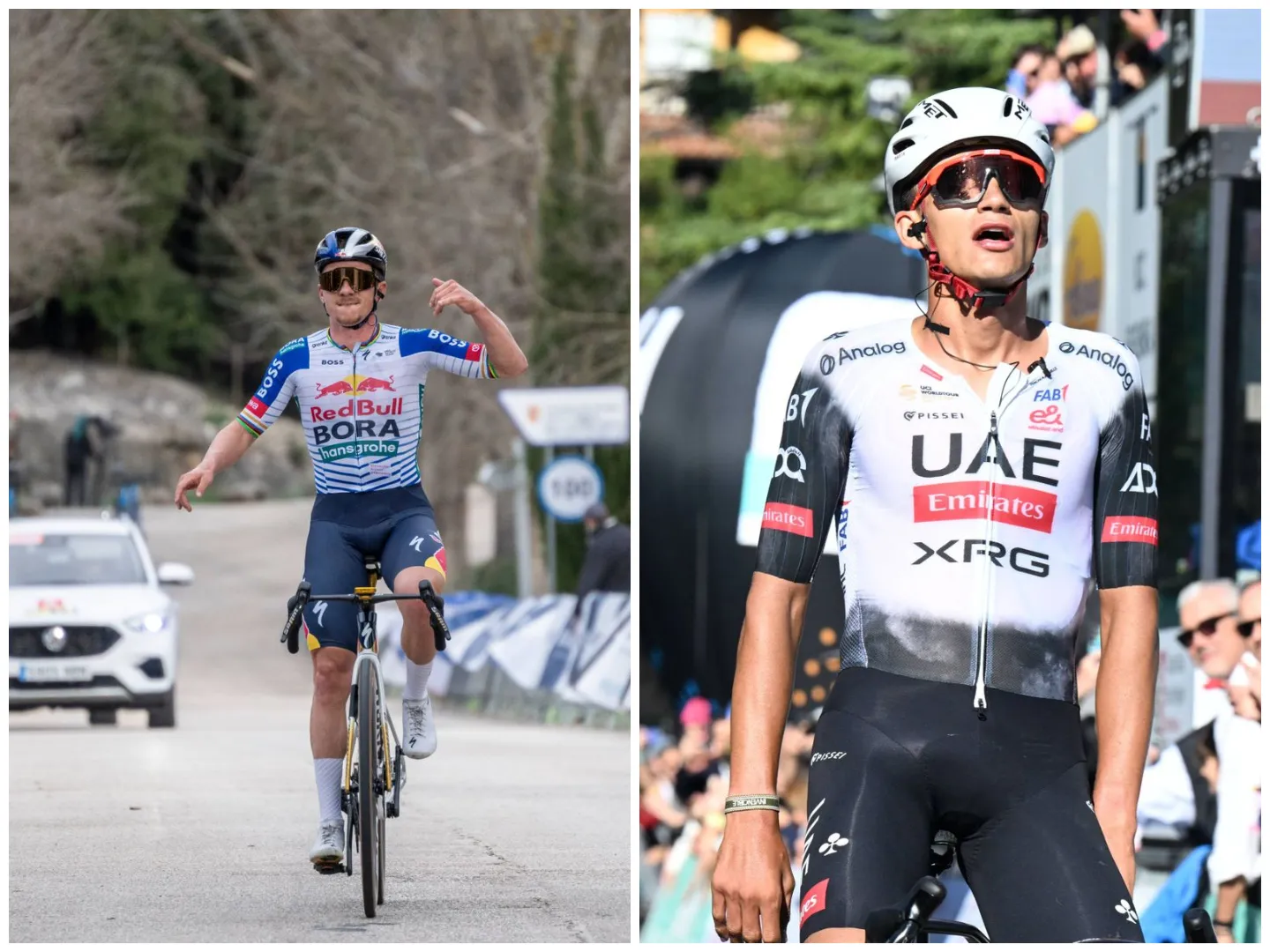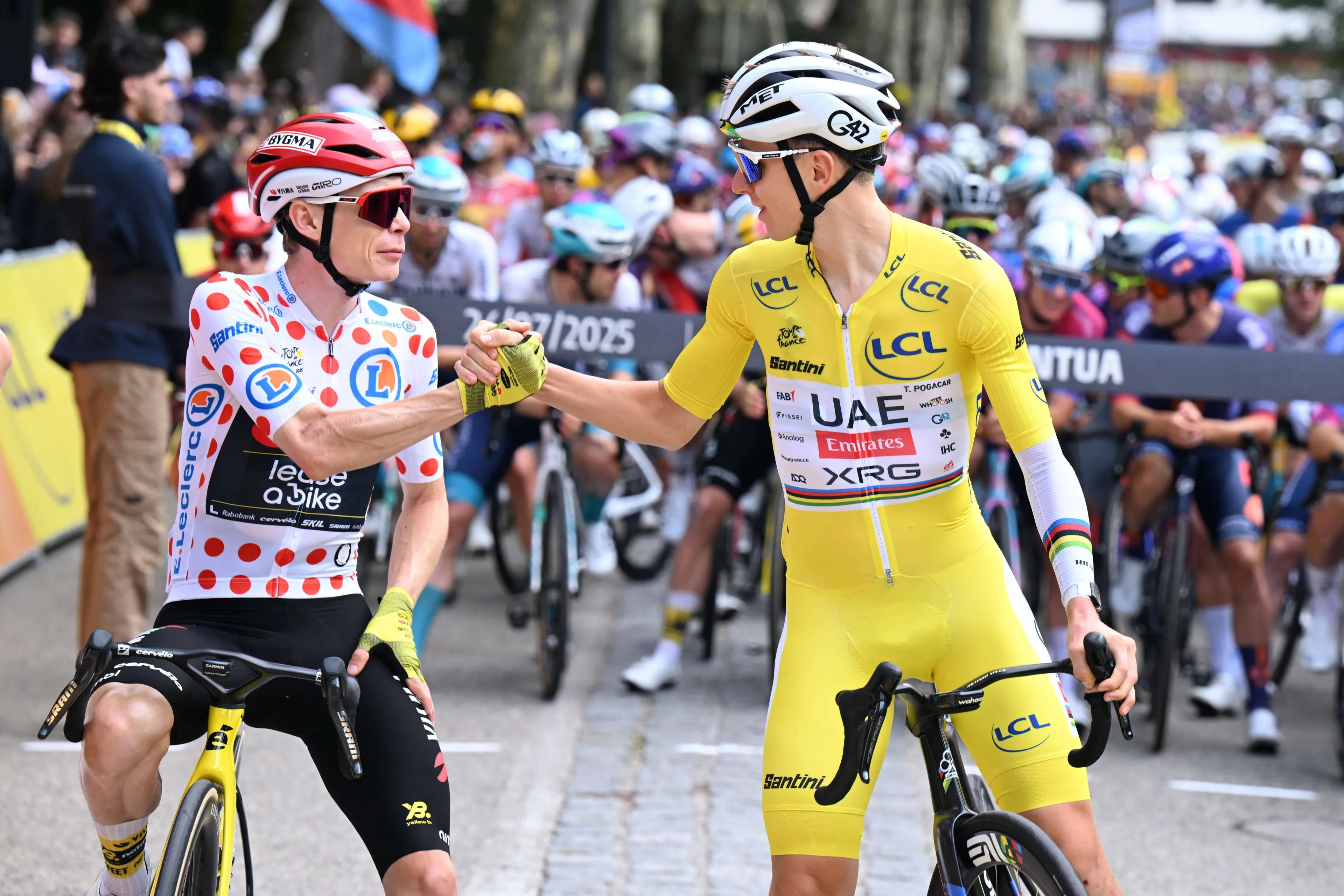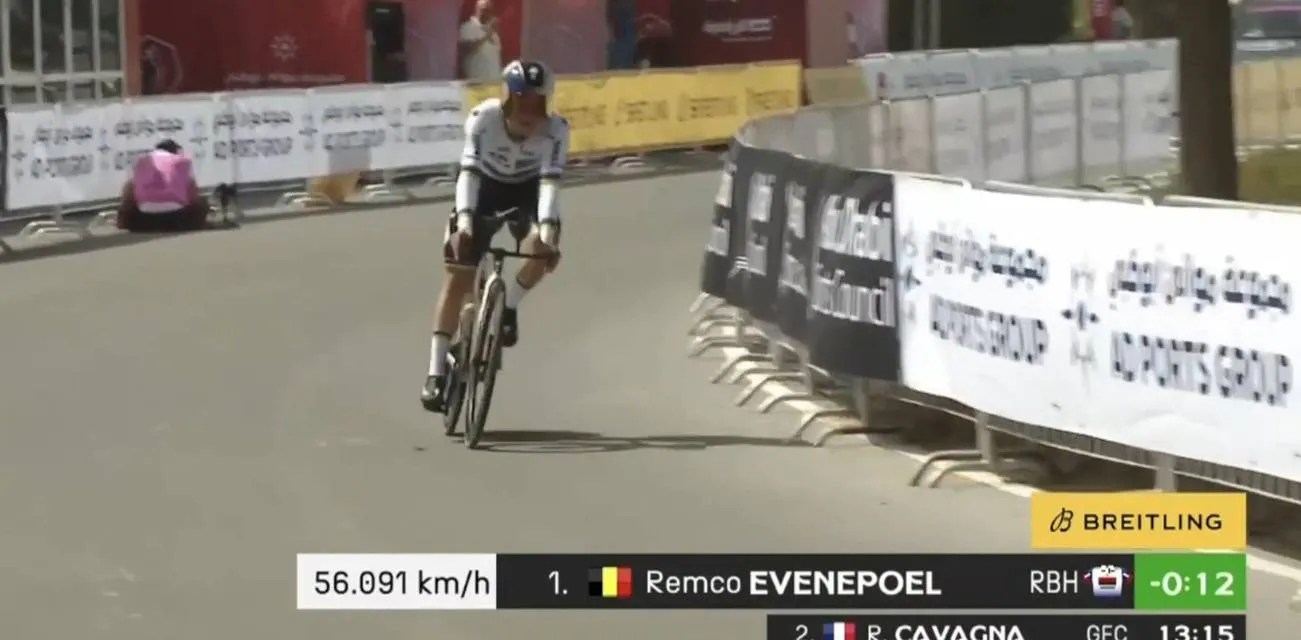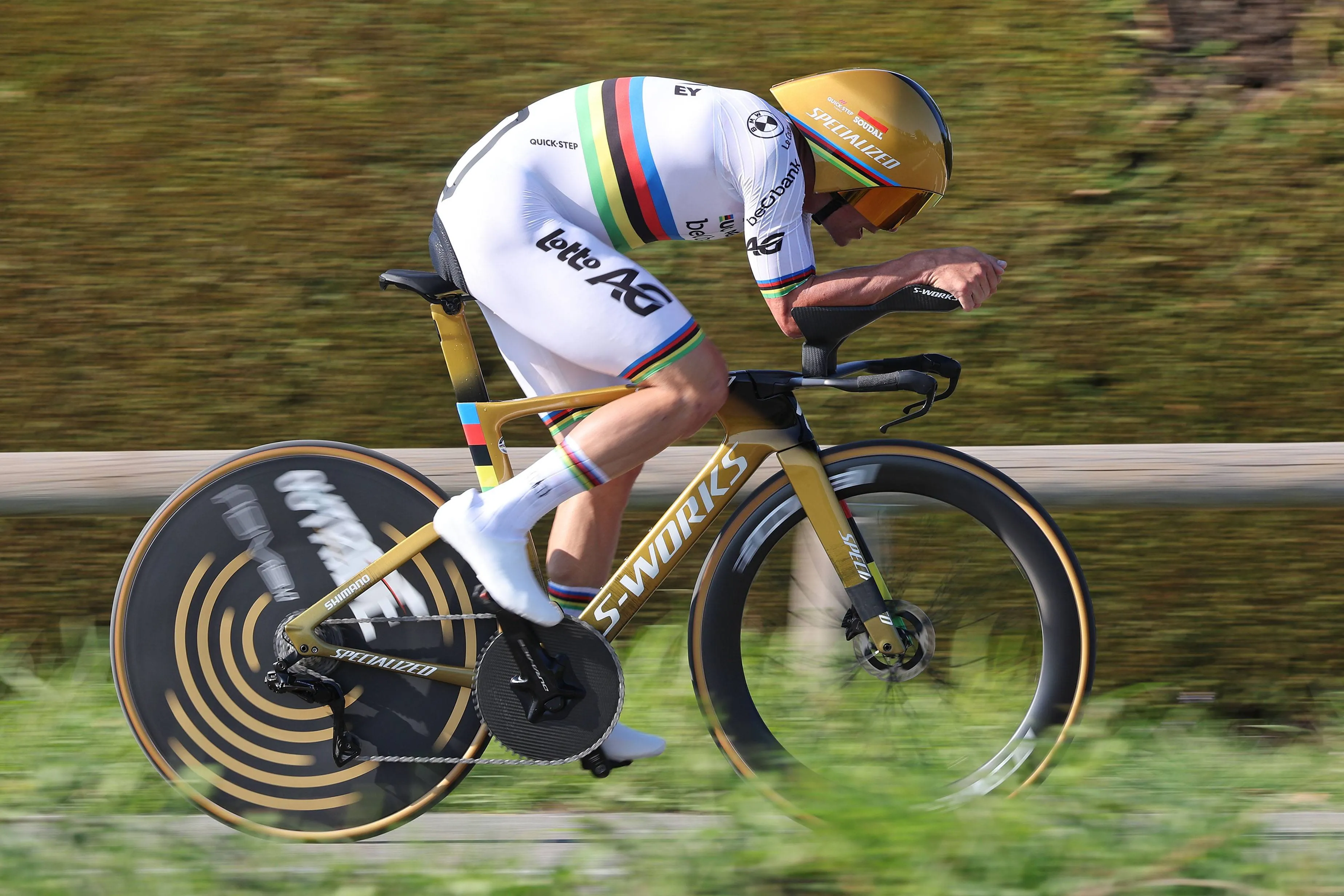"In extreme cold, riders no longer have any fat" - Sep Vanmarcke theorises strictly regulated diets could be risking riders health in cold weather
CyclingWednesday, 24 April 2024 at 22:00
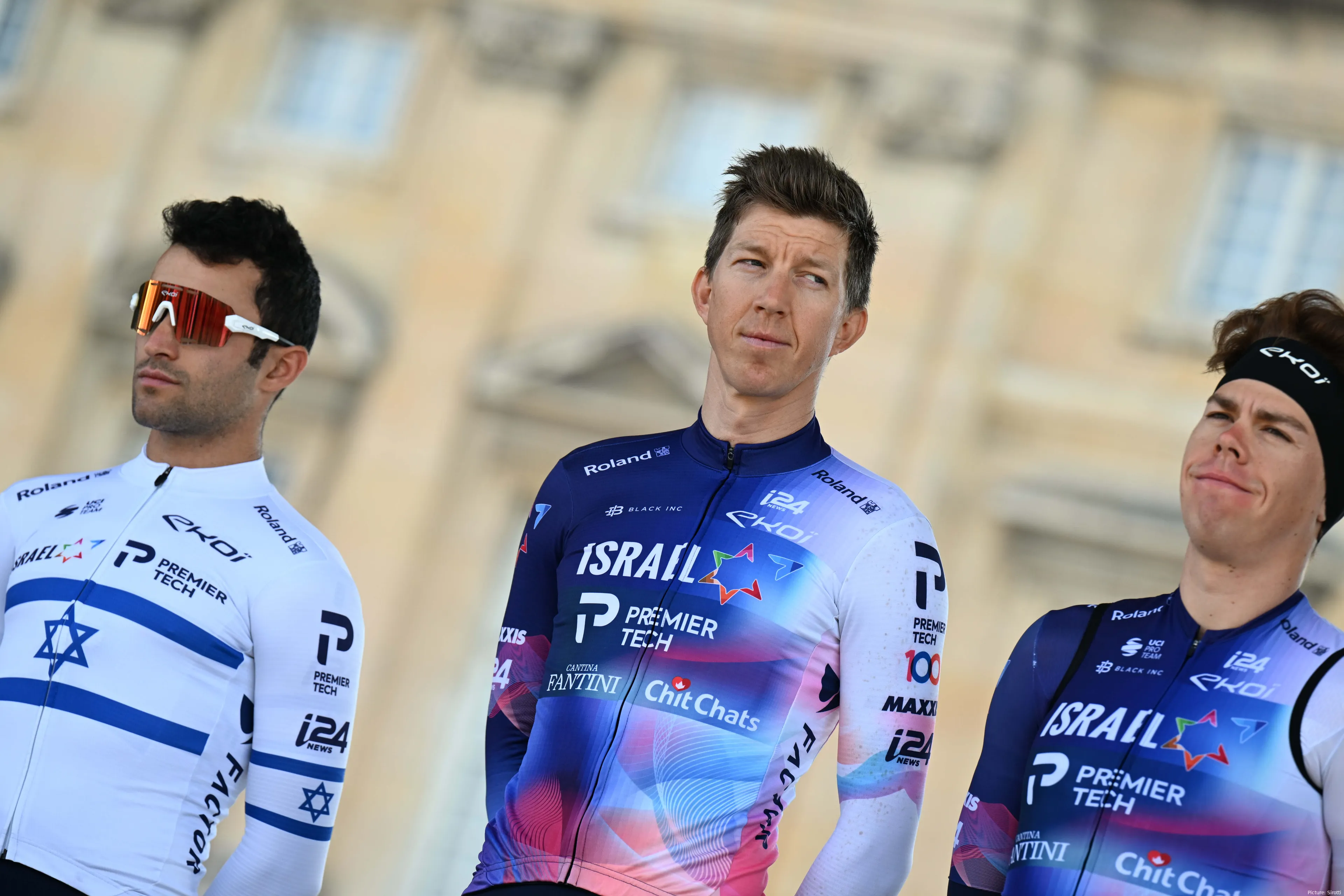
At the recent La Fleche Wallonne, it was perhaps Mother Nature who landed the decisive blow to most of the peloton, with pre-race favourite Mattias Skjelmose worryingly forced to abandon the race shaking uncontrollably with hypothermia symptoms.
Pictures such as those of Skjelmose being literally carried out of the race led many to ask what more can be done to keep the riders safe in such extreme conditions. For ex-pro Sep Vanmarcke, a root cause of the problem may actually be the stricter and more regulated diets riders have been given to increase performance over recent years.
Read also
“It is the trend of recent years. Thanks to science and better nutrition, they know exactly what is needed and what is not needed. If there are no competitions, less nutrition is consumed. Everything is calculated perfectly, which reduces fat mass even more. In extreme cold, riders no longer have any surplus, which also has an impact in the event of falls,” Vanmarcke explains on the 'Wuyts & Vlaeminck' podcast for HLN.
“Every rider is guided. But that limit is blurring, you may wonder whether the performance limit is also the health limit. Everything is focused on performance. If you can cycle a little faster by losing weight, then try that," Vanmarcke continues. “But there is no anorexia in the peloton, riders still eat what the body needs.”
Whilst Belgian cycling expert, Michel Wuyts doesn't have the same rider viewpoint as Vanmarcke, he does too share the concerns. “I think people are walking on the edge and the margins are extremely small," he worries. "Dietitians are extremely important in cycling. There is much better guidance than before. Then a lot of riders were too thin. When they fell, they immediately broke something.”
Read also
claps 0visitors 0
Just in
Popular news
Latest comments
- I believe Remco now understands that he will have issues reaching the top step as long as Tadej is in the Tour, whiles he's a year junior to Tadej he has had his upper body rebuilt twice now from crashes over the last few years. I think he has a chance to win the Tour in a few more seasons, you can only prepare yourself as best you can and try. He said he needs to race some more one week stage races, he should, he can probably win them all. I also believe Remco should aim for another Vuelta if he comes out of the Tour in good form and maybe he should think about the Giro again for next season. This is potentially Tadej's fifth Tour win coming up this year, no one is going to derail that unless he falls off the bike or gets really sick.awp17-02-2026
- Not only will the great narcissist get his voice, but he'll benefit financially from this as well. Who says that cheating and lying your way to victory doesn't pay?
 santiagobenites17-02-2026
santiagobenites17-02-2026 - It'll make a good double feature with the Michael Jackson soft focus biopic.LumbarDeniro17-02-2026
- Yeah, whilst MVDP would never break a bone on the MTB... 😂Sexass17-02-2026
- I think he looses too much weight and that leads to his implosions, when he doesn't worry about it or can get it exactly were he wants, like 2024 tour, he is betterjad2917-02-2026
- King of ROAD cycling, because "Mathieu has no equal on the bike" Put Pogačar on a CX bike or a mountain bike and he'll break a few bones.
 Rafionain-Glas17-02-2026
Rafionain-Glas17-02-2026 - Great! A grandiose narcissist finally getting his voice. /sPedalmasher17-02-2026
- It's interesting now because it's in both of their interests to attack - Del Toro because he needs to put big time into Remco, while Remco, despite being the leader, is not as fast as the Mexican and probably wouldn't want to take it to a sprint
 Rafionain-Glas17-02-2026
Rafionain-Glas17-02-2026 - where is the outcry about Remco losing weight for the tour, like there was for PFPmij17-02-2026
- After Moscon, cycling needed a new villain. in Jan we trust. Ayuso was merely a villain to his teammates.abstractengineer17-02-2026
Loading
Damn, Skjelmose was shaking... 🥶 #FlecheWallonne Hope he's in front of a fireplace with winter socks now.
2 Comments
